The advantages of wooden toys
Wooden toys spark children’s hands-on enthusiasm, nurture their ability to logically combine and arrange objects, and enhance spatial imagination. Thoughtfully designed pull-along features also help develop walking skills while fostering a sense of creative achievement.
The core purpose of wooden toys is to improve hand-eye coordination and related physical abilities, which are gradually honed through practice. Toys serve as one of the most effective tools for this development. For instance, when a child arranges blocks into a circle, it requires both mental planning and precise hand movements. Thus, wooden toys significantly benefit muscular development and overall physical growth.
1. Tool-Themed Toys
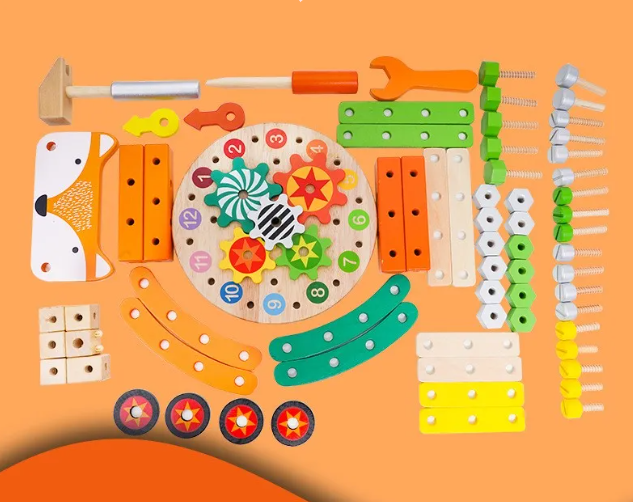
These toys help infants recognize and understand the shapes, colors, and structures of various tools while training practical hands-on skills and hand-eye coordination. They also stimulate imagination, boost cognitive and analytical thinking, and encourage a sense of accomplishment.
2. Building Blocks
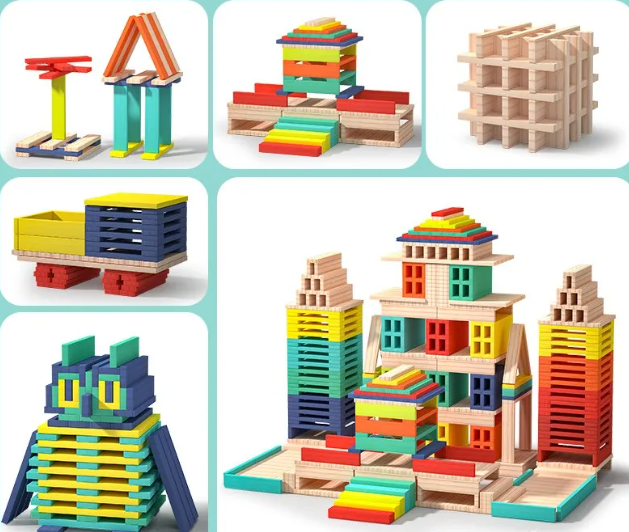
Building blocks ignite children’s interest in hands-on creation, cultivating logical arrangement skills and spatial imagination. They teach color and shape recognition, refine hand-eye coordination, deepen understanding of geometric forms and quantities, and enhance classification abilities—all while sparking imagination.
3. Puzzle Toys
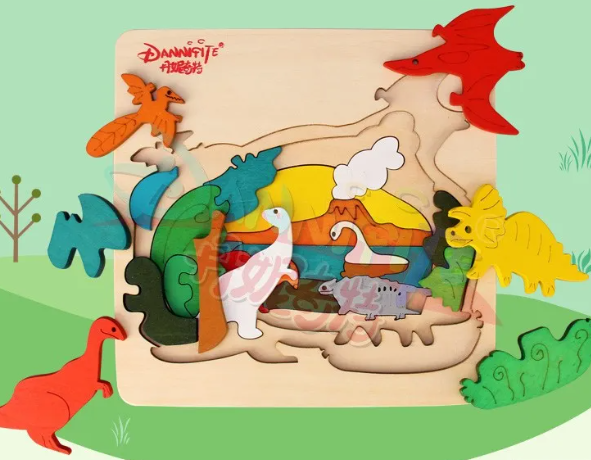
Comprising diverse, engaging pieces, these toys build on children’s foundational knowledge of shape assembly, disassembly, and reconstruction to encourage independent problem-solving. They also teach patience and perseverance.
While improving embedding skills (fitting pieces together), puzzles promote both large-muscle movement (e.g., reaching, grasping) and fine motor precision (e.g., pinching, rotating). This dual training sharpens children’s grasp of shapes, numbers, and quantities while boosting dexterity.
4. Role-Play Toys
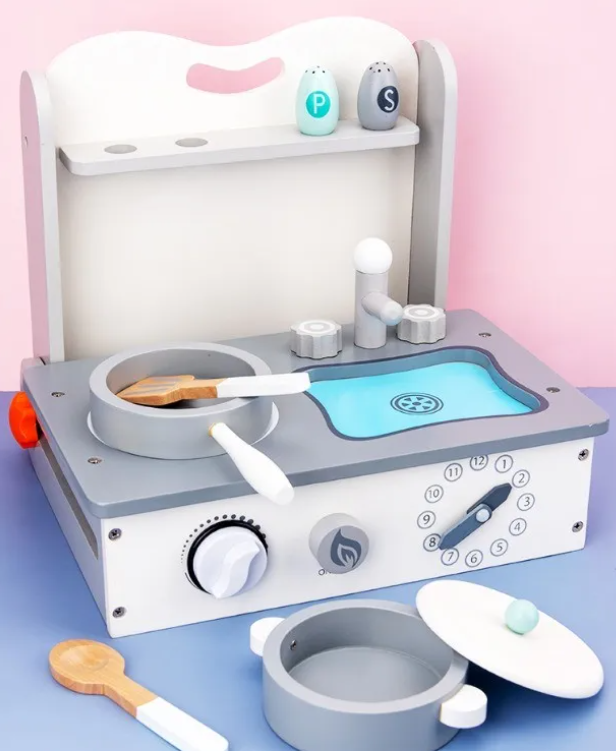
Pretend play is a favorite among young children. By adopting different roles—each with unique behaviors, language, and actions—children gain early exposure to societal roles.
Mastering social interaction is vital in early education, and role-playing games provide an ideal platform for children to learn and practice positive communication habits.

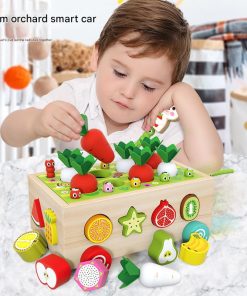 1 2 3 Year Old Baby Boys Girls Montessori Wooden Shape Sorting Toys Preschool Fine Motor Skills Learning Game
1 2 3 Year Old Baby Boys Girls Montessori Wooden Shape Sorting Toys Preschool Fine Motor Skills Learning Game
50 Pcs Mini Pull Back Cars Set Pull Back Racing Vehicles for Kids Toddlers
Musical Toddler Tool Bench Montessori Educational Toys with Sound Lights Effect Engineer Pretend Play Workbench
Kids Smart Phone for Girls Toys Learning Cell Toy Phone with Dual Camera Game Music Player
Toddler Girl Boy Inflatable Bouncing Animal Hopper exercise Birthday Gift Toy